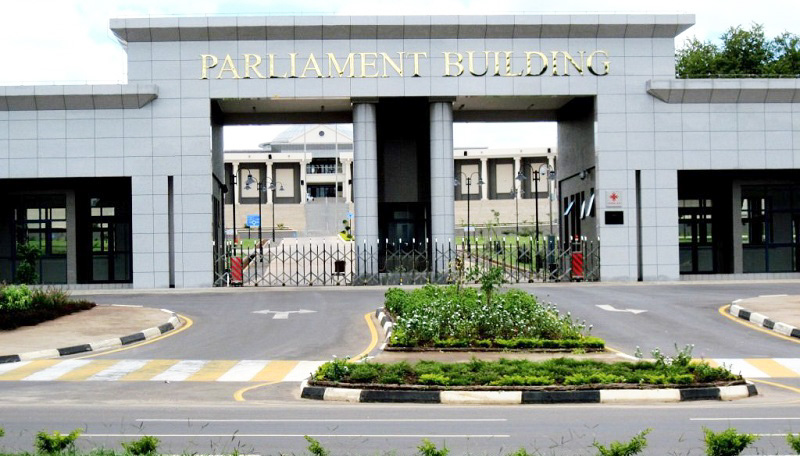The Competition and Fair Trading Commission (CFTC) has described the adoption of the Competition and Fair Trading Bill by Parliament as a progressive way towards improving regulation and mandate of the Commission.
The remarks follow the passing of the Bill which, among others, seeks to provide for better regulation of anti-competitive business conduct across the country.
Speaking to YONECO FM, CFTC spokesperson Innocent Helema said the current Competition and Fair Trading Act has a number of shortfalls that have been constraining proper functioning of the CFTC.
“Under the CFTA, when the Commission finds an errant enterprise, it has been imposing fines. However, in 2023, in the CFTC vs Airtel Malawi Limited Case, the High Court ruled that Section 51 of the CFTA does not empower it to impose fines thereby weakening its regulatory mandate,” Helema said.
“In addition, the CFTA does not provide for aggravating and mitigation factors for the Commission to consider in coming up with fines and orders. The CFT Bill has ably included the power to levy administrative fines taking into account the aggravating and mitigating factors.”
Once assented into law by the President, Helema added that the Commission will now be able to provide for better regulation of unfair trading practices.
Under the current Competition and Fair Trading Act, when the Competition and Fair Trading Commission finds a person to have engaged in anti-competitive business conduct or unfair trading practices, the Commission has been imposing fines directly on the infringing party.
However, in 2023, the High Court in Airtel Malawi Plc v Competition & Fair Trading Commission, Civil Appeal Cause No.17 of 2023, ruled that section 51 of the Competition and Fair Trading Act which the Commission was using to impose fines and the Act as a whole, does not empower the Commission to impose fines on the infringers of the Act.
Following this ruling, the inability of the Commission to impose fines on a person who contravenes the Act has significantly weakened its regulatory mandate.





